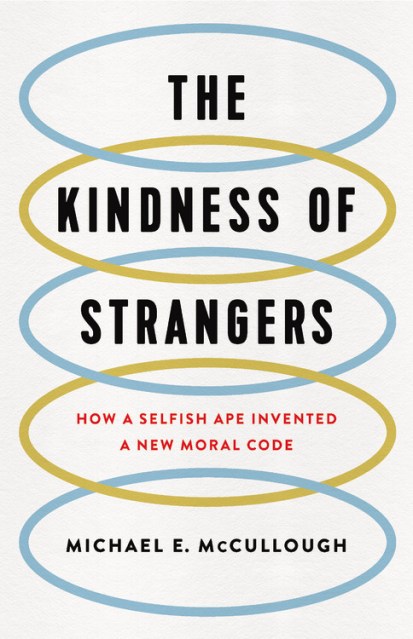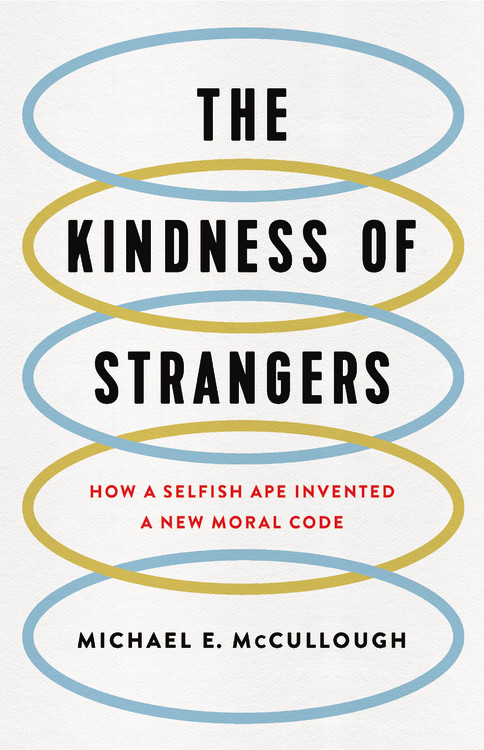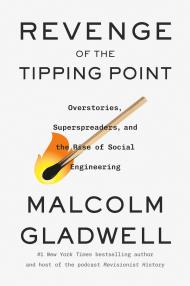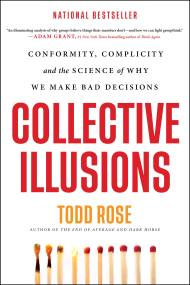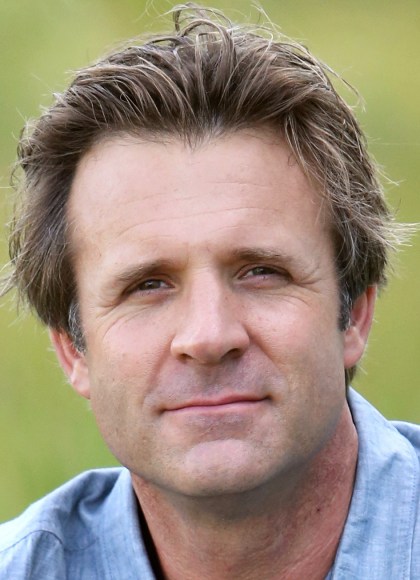Promotion
Use code SPOOKY24 for 20% off sitewide! Exclusions apply.
By clicking “Accept,” you agree to the use of cookies and similar technologies on your device as set forth in our Cookie Policy and our Privacy Policy. Please note that certain cookies are essential for this website to function properly and do not require user consent to be deployed.
The Kindness of Strangers
How a Selfish Ape Invented a New Moral Code
Contributors
Formats and Prices
Price
$30.00Price
$38.00 CADFormat
Format:
- Hardcover $30.00 $38.00 CAD
- ebook $18.99 $24.99 CAD
This item is a preorder. Your payment method will be charged immediately, and the product is expected to ship on or around July 21, 2020. This date is subject to change due to shipping delays beyond our control.
Also available from:
“A fine achievement.”–Peter Singer, author of The Life You Can Save and The Most Good You Can Do
A sweeping psychological history of human goodness — from the foundations of evolution to the modern political and social challenges humanity is now facing.
How did humans, a species of self-centered apes, come to care about others? Since Darwin, scientists have tried to answer this question using evolutionary theory. In The Kindness of Strangers, psychologist Michael E. McCullough shows why they have failed and offers a new explanation instead. From the moment nomadic humans first settled down until the aftermath of the Second World War, our species has confronted repeated crises that we could only survive by changing our behavior. As McCullough argues, these choices weren’t enabled by an evolved moral sense, but with moral invention — driven not by evolution’s dictates but by reason.
Today’s challenges — climate change, mass migration, nationalism — are some of humanity’s greatest yet. In revealing how past crises shaped the foundations of human concern, The Kindness of Strangers offers clues for how we can adapt our moral thinking to survive these challenges as well.
Today’s challenges — climate change, mass migration, nationalism — are some of humanity’s greatest yet. In revealing how past crises shaped the foundations of human concern, The Kindness of Strangers offers clues for how we can adapt our moral thinking to survive these challenges as well.
-
One of "Our Favorite Books of 2020"Editors, Greater Good magazine
-
"A deliciously provocative analysis of an entirely admirable human quality."Kirkus (starred review)
-
"An inspiring and engrossing new look at human goodness. Without sentimentality or glibness, and wearing his depth and erudition lightly, McCullough enlightens us on when and why we care for others."Steven Pinker, author of Enlightenment Now
-
"This is a controversial book, but McCullough's arguments are smart, clear, and ultimately persuasive."Paul Bloom, author of Against Empathy
-
"Enlightened by evocative anecdotes and well-explained theory, The Kindness of Strangers is as original as it is persuasive."Richard Wrangham, author of The Goodness Paradox
-
"A fine achievement. McCullough expertly braids together the distinctive strands of evolutionary psychology, history, and philosophy to explore and explain a characteristic unique to our stage of development: kindness to strangers. An important book that looks at the whole of human history, and more, and thereby offers a valuable counterweight to the all-to-common view that everything is getting worse."Peter Singer, author of The Life You Can Save and The Most Good You Can Do
-
"McCullough has brought an impressive breadth and depth of intellect to bear...McCullough's text constantly walks an intellectual tightrope - trying to not fall into a too-academic treatment on one side, or an oversimplified popularization of complex ideas on the other. Overall, he deftly maintains his balance.The takeaway message of his copious research - for individuals and nations alike - is akin to motherly advice: Getting where you want to be in life isn't just a matter of out-competing everyone; it's about co-operating with them, too."Douglas J. Johnston , Winnipeg Free Press
- On Sale
- Jul 21, 2020
- Page Count
- 368 pages
- Publisher
- Basic Books
- ISBN-13
- 9780465064748
Newsletter Signup
By clicking ‘Sign Up,’ I acknowledge that I have read and agree to Hachette Book Group’s Privacy Policy and Terms of Use
